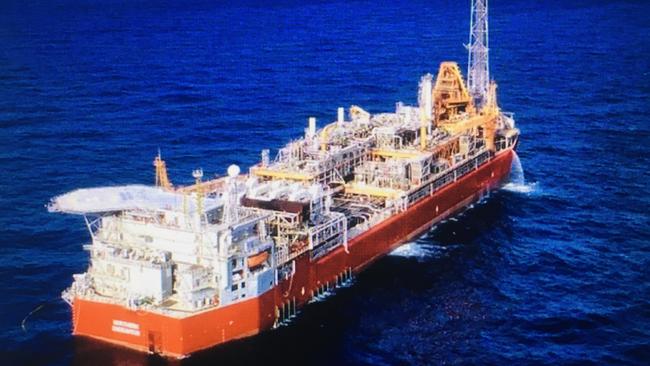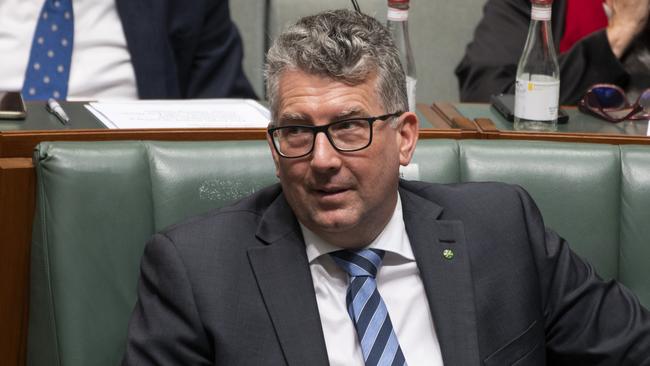Oil, gas producers face tougher clean-up rules
Energy producers have been slugged with new decommissioning rules that would see the seller of offshore oil and gas operations liable for its clean-up.

Energy producers have been slugged with new decommissioning rules that would see the seller of offshore oil and gas operations liable for its clean-up even after it has been offloaded to a new buyer.
The new rules were sparked by concern that taxpayers could be left to foot the bill for huge remediation costs if the new owners of assets were unable to pay for hefty decommissioning bills.
The issue of abandonment liabilities has caused considerable tension in Australia’s oil and gas sector after the Morrison government proposed a $250m-plus industry levy to fund the clean-up of the Northern Endeavour floating platform and associated oilfields in the Timor Sea.
Woodside Petroleum sold the Northern Endeavour to NOGA in July 2015, but the junior operator was forced to shut down production over a safety issue and subsequently went into voluntary administration.
The issue raised concern about who pays for abandoned facilities if companies go bust, with several operators privately suggesting Woodside should foot the bill.
Resources Minister Keith Pitt said the laws make sure taxpayers are not left to pick up the costs of future decommissioning work on offshore oil and gas projects. Some $52bn of decommissioning work on Australia’s offshore oil and gas infrastructure needs to be completed, with over half to be started within the next 10 years.
“The trailing liability provisions will be an action of last resort when all other safeguards have been exhausted and will reduce the risk that the financial costs of decommissioning will be left to Australian taxpayers,” Mr Pitt said. “It also sets the expectation that sellers will undertake appropriate due diligence before selling assets, titles and infrastructure, so they can avoid being called back to decommission and remediate title areas.”

Senator Pauline Hanson unsuccessfully called for the trailing liability rules to be backdated to January 2015, effectively making Woodside responsible for the Northern Endeavour issue.
The trailing liabilities would instead apply from January 1, 2021, Mr Pitt confirmed.
The Australian Petroleum Production & Exploration Association said it broadly supported the rules “including robust financial assurance,” an spokesman said.
However, the Wilderness Society said the change was a big policy defeat for the industry.
“This law is the biggest policy defeat the oil and gas industry has had since the coalition came to government in 2013,” Wilderness Society manager of policy and strategy Tim Beshara said.
“They’ve consistently opposed the introduction of a trailing liability. But despite all their political access and despite (Scott) Morrison’s adoption of a gas-fired recovery mantra, the industry demonstrated that they couldn’t be trusted to clean up their rusting old oil fields and the government had to act.”
A potential $1bn slug covering who will pay for the Northern Endeavour remains under discussion with the industry.
Producers will be forced to pay a levy of 48c a barrel on offshore production from July 1 under a proposed government solution to the saga. The impost is expected to cost $367m a year with the total cost up to $1bn, meaning the nation’s biggest suppliers may foot the bill for up to three years.
Some of Australia’s top producers and biggest foreign investors will shoulder the hit with Chevron and Shell in line for an $80m annual bill, according to industry sources, while Woodside and ExxonMobil may both be required to pay $40m a year.
Lobbying between the oil and gas sector and the government has occurred as companies with no connection to the offshore debacle ask why they should be penalised over the issue.



To join the conversation, please log in. Don't have an account? Register
Join the conversation, you are commenting as Logout